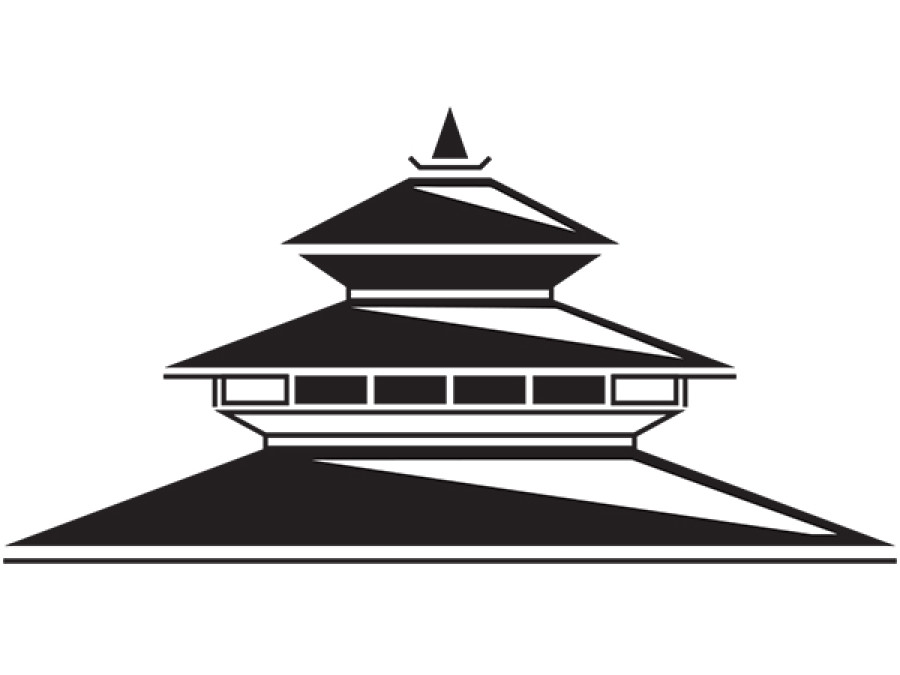Editorial
Piecemeal process
Eleven years have passed since the vaunted Comprehensive Peace Accord (CPA) was signed between the government and then Maoist rebels in November, 2006.
Eleven years have passed since the vaunted Comprehensive Peace Accord (CPA) was signed between the government and then Maoist rebels in November, 2006. Nepal has made great strides since, with the promulgation of the constitution through a Constituent Assembly to institutionalise a federal republic and secularism, though there has been strong pushback against it recent years. Monarchy was brought to an end, and former rebels have been integrated into the national Army. While these accomplishments are to be lauded, there is one crucial component that has been afforded much less importance than it warrants, a key component of the CPA: justice to war-era victims.
It took more than nine years after the peace deal for the two transitional justice mechanisms, the Truth and Reconciliation Commission (TRC) and the Commission of Investigation on Enforced Disappeared Persons (CIEDP), to be formed in February 2015. Granted a two-year tenure, the commissions were mandated to investigate conflict-related human rights violations, recommend cases for prosecution, promote reconciliation between victims and perpetrators, and recommend reparations for victims.
The TRC and the CIEDP have received more than 63,000 complaints regarding human rights violations committed during the insurgency by either the state actors or the Maoist rebels. But it seems that, during the first two years of their existence, they could do little more than solicit complaints from conflict victims. Their tenure was granted a year-long extension, but it is becoming increasingly apparent that this extension alone will not be enough to address the concerns of conflict victims. The TRC is trying to investigate 1,000 complaints in about a month, rendering it next to impossible that all complaints are addressed before the extension is up.
On the one hand, both the TRC and the CIEDP have drawn flak for their failure to investigate the complaints and give a permanent closure to war-era cases. On the other, major political parties have been remarkably reluctant to draft crucial legislation that is necessary for the proper functioning of these transitional justice commissions. This despite the fact that the Supreme Court ordered that legislation be formulated in line with international standards in 2015.
Torture and disappearances were to be criminalised, and the statute of limitation for registering conflict-era cases was to be removed, as was the amnesty for perpetrators of grave human rights violations. However the ruling bodies have consistently cited excuses of drafting a constitution and holding elections and these directives are yet to be acted upon. Amnesty International claims that a lack of political will on all sides of the political spectrum, including the Army and former armed members of the CPN-Maoist Party have plagued the delivery of justice.
Unless the government truly commits to the provision of justice, truth and reparation to war-era victims, issues of budget and resources will be the least of the problems the two commissions have to contend with. Steps have to be taken to enhance the credibility of the transitional justice mechanisms and provide victims’ groups with greater hope that they will receive justice.




 9.7°C Kathmandu
9.7°C Kathmandu














